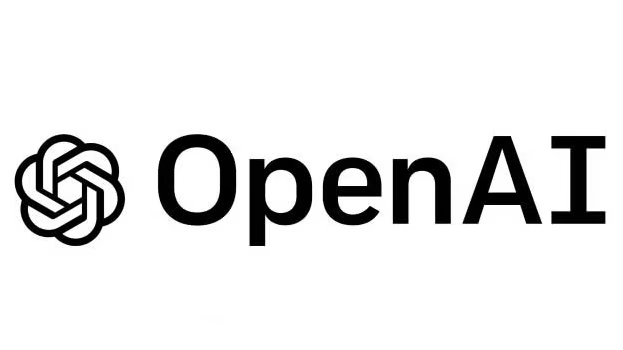GitHub, the Microsoft-owned software development platform, has unveiled significant upgrades to its popular AI-powered coding assistant, GitHub Copilot. The enhancements introduce more sophisticated ‘agent’ capabilities, leverage newer underlying artificial intelligence models, and potentially integrate with Microsoft certification frameworks, signaling a major step forward in AI’s role within the software development lifecycle.
Launched initially as an AI pair programmer, GitHub Copilot quickly gained traction among developers worldwide. Powered by advanced large language models (LLMs) developed in collaboration with OpenAI, Copilot provides real-time code suggestions and function completions directly within integrated development environments (IDEs) like Visual Studio Code. While lauded for boosting productivity and accelerating development tasks, it also sparked discussions around code ownership, licensing implications of suggested code, and the potential impact on developer skills and learning.
The latest updates move Copilot beyond simple code completion towards more autonomous task handling through the introduction of ‘agents’. While specifics are still emerging, these agents are expected to perform more complex, multi-step tasks based on natural language prompts or analysis of the codebase. Potential capabilities could include automatically writing unit tests for highlighted code, debugging sections of code by identifying and suggesting fixes, generating documentation for functions or classes, refactoring code for better performance or readability, or even assisting in setting up project configurations. This represents a shift from a reactive assistant (suggesting code as you type) to a more proactive partner capable of understanding broader developer intent and automating workflows.
Underpinning these enhanced capabilities are likely newer, more powerful AI models. GitHub benefits from its close relationship with Microsoft and OpenAI, granting it access to cutting-edge models potentially including variants of GPT-4.5 or future iterations. These advanced models offer improved understanding of code context, better reasoning abilities, support for a wider range of programming languages and frameworks, and the generation of higher-quality, more reliable code suggestions. The integration mentioned involving ‘MCP support’ (potentially Microsoft Certified Professional) could imply features tailored for certified developers, integration with Microsoft Learn platforms, or perhaps AI assistance specifically tuned for Microsoft technologies and best practices, although clarification is needed.
The impact of these advanced Copilot features on the daily work of software engineers could be substantial. Developers may experience further gains in productivity, allowing them to focus on higher-level design and problem-solving rather than boilerplate code or routine tasks like testing and documentation. However, the increased sophistication of AI assistance also raises familiar questions. Concerns persist about over-reliance potentially hindering the development of fundamental coding skills, especially among junior developers. The introduction of more complex, AI-generated code or automated refactoring also necessitates careful review to avoid introducing subtle bugs or security vulnerabilities.
These upgrades firmly position GitHub Copilot as a leader in the rapidly evolving market for AI coding assistants, intensifying competition with rivals like Amazon CodeWhisperer, Google’s AI-assisted coding tools, Tabnine, and others. The focus on agent-like capabilities and workflow automation sets a new benchmark for what developers might expect from AI integration in their tools. This evolution reflects a broader trend across industries where AI is moving from simple assistance to more integrated and autonomous roles. For software development, it points towards a future where AI is not just a helper but an active participant in the creation, testing, and maintenance of software.
Source: Developer Tech News

